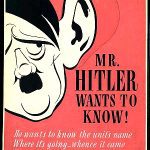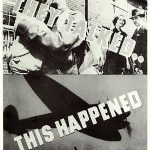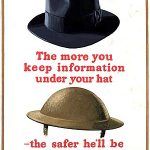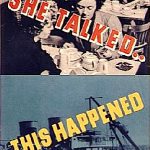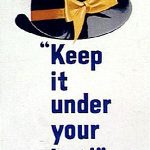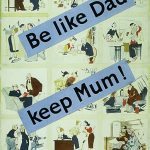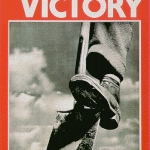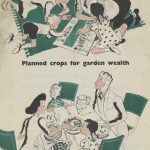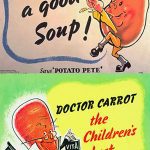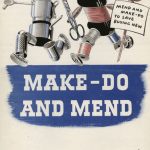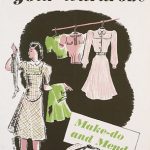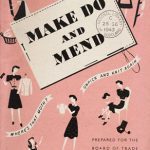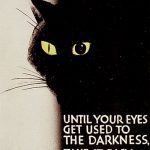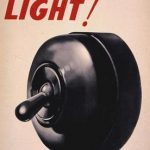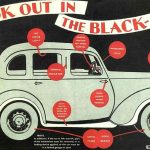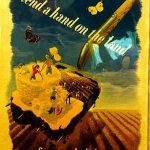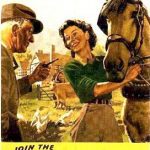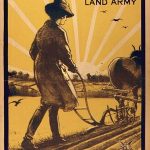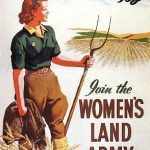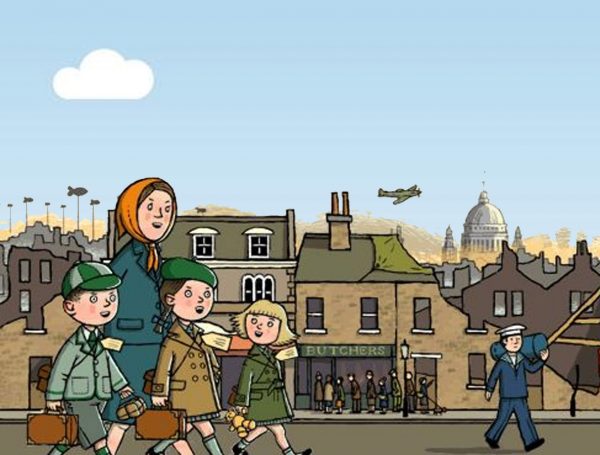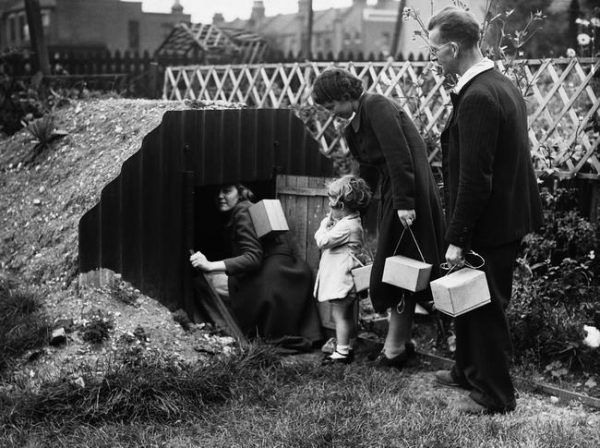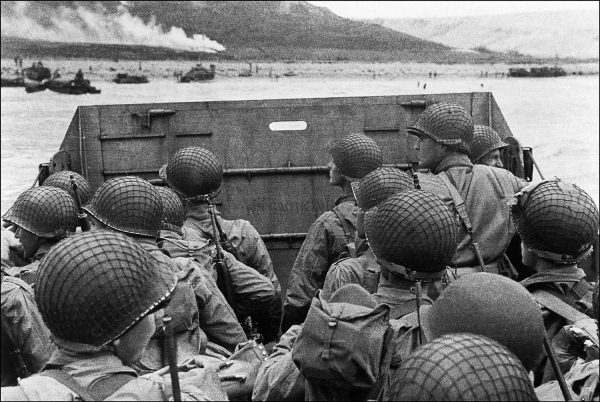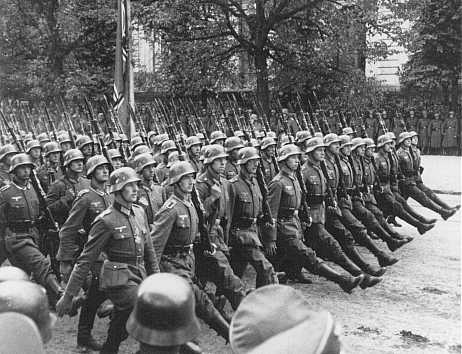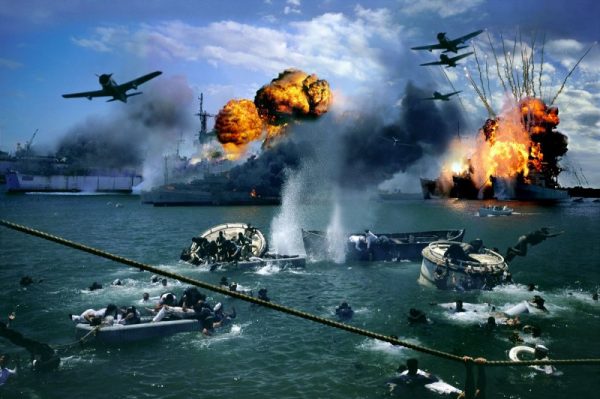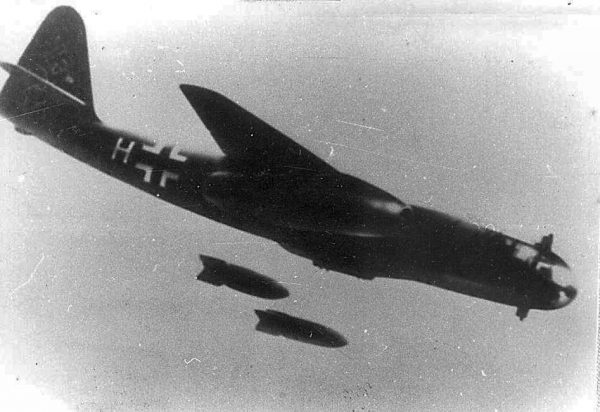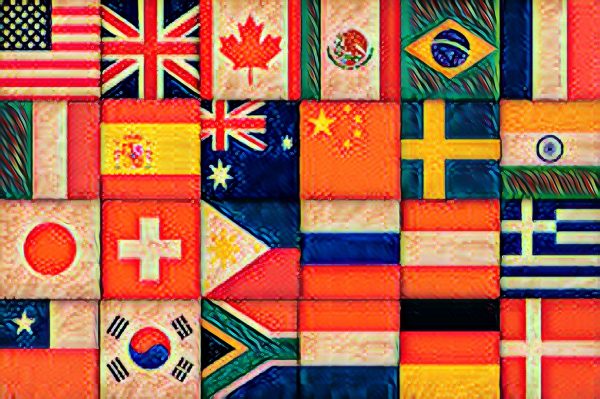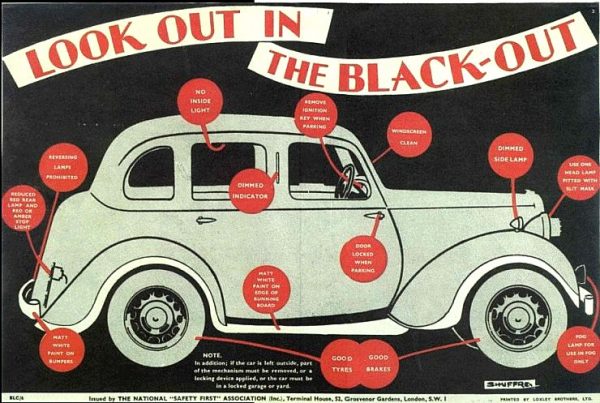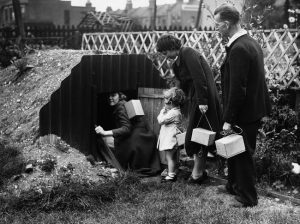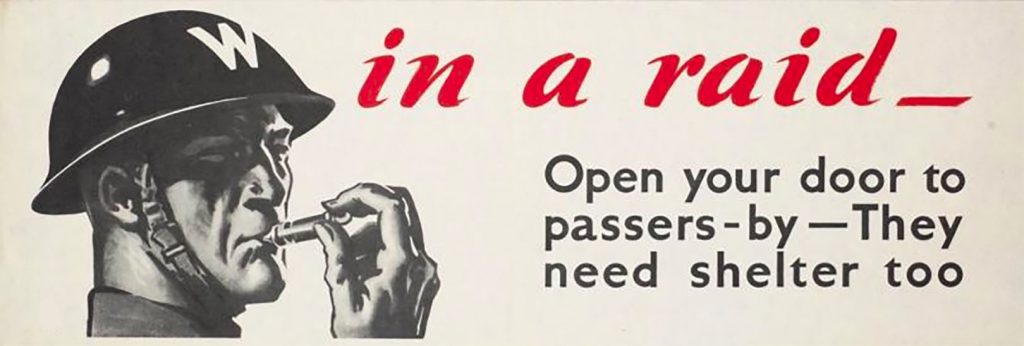
During the Second World War, the government (Ministry of Information) produced posters and television adverts to tell people what they should and shouldn’t do while the war was going on. They encouraged people to get involved in the war effort, reduce, reuse and recycle things and to watch what they were talking about and who they were talking to.
The government also controlled much of what went in the news throughout the war. They wanted to keep British people’s spirits high, mislead the enemy and influence people. This is called propaganda. People on the Home Front played a big role in the production of military equipment, so it was vital to maintain both their morale and their faith that the war would be won. They didn’t always report the bad news during the war and when there was any good news, they would broadcast it everywhere.
Careless Talk Costs Lives
On February 6th 1940, the Ministry of Information started a campaign called ‘Careless Talk Costs Lives’ to tell people to be careful who they were talking to and what they were talking about. Men who were away fighting often told their wives, girlfriends and mothers information about where they were travelling and what they were doing.
Hitler was desperate for this information and had spies working in Britain trying to find out what the British army’s plans were. They designed these posters to remind people that if they wanted to keep their loved ones safe, they needed to keep their mouth shut!
Dig for Victory
Before the Second World War started, Britain imported approximately 55 million tonnes of food (nearly quarters of entire country’s food) by ship. Only 30% of Britains food was home-produced. During the war, shipping ports were being bombed and ships were being attacked by enemy submarines and warships. Many ships which were usually used for transporting food were also needed to transport war supplies. Therefore, the amount of food arriving into the country was much less during the war.Throughout history one of the main reasons wars were lost was due to lack of food.
The British Government rationed food supplies to make sure people didn’t run out of food, but they also wanted to increase the amount of food that Britain produced.
In October 1939, the Government launched ‘The Dig for Victory’ campaign. People were urged to use their gardens and every spare piece of land, such as parks, golf courses and tennis courts, to grow vegetables.
The Ministry of Food encouraged people to eat healthily. Potatoes and carrots were easy to get hold of. They created characters called Potato Pete and Dr. Carrot.
Make-do and Mend
Clothes rationing was introduced by the British Government in June 1941. It was essential that raw materials were not wasted as the factories that produced them were used for the production of weapons. The Make Do and Mend campaign was launched by the Board of Trade in 1942.
The government also encouraged people to give any fabric material to the rag collector for salvage. Rag could be used to make uniforms and blankets for soldiers.
Look out in the blackout & Put that light out!
On the 1st September 1939, two days before the outbreak of war, Britain was ‘blacked out’. Under blackout rules, everyone had to cover up their windows at night with black material. Streetlamp’s were turned off, car headlamps were covered over. The government even produced posters telling people how to black out their cars. ARP wardens would patrol the streets looking for anyone who had light showing to tell them to cover it up or turn it off. This was all done to make it more difficult for German bombers to see their targets below. Without lights, it made it harder for them to see the cities.
With it being so dark, there were lots of accidents. People were hit by cars who did not see them, people walked into lampposts or tripped up curbs. The government
Lend a Hand on the Land
During the war, most men were needed to fight. This meant that there was a shortage of people to work on the farms and do other jobs on the land. The government wanted to increase the amount of food grown in Britain and so more help was needed. Very few women worked before the war, but the Government encouraged them to take on jobs to help the war effort. The Government started the Women’s Land Army.

